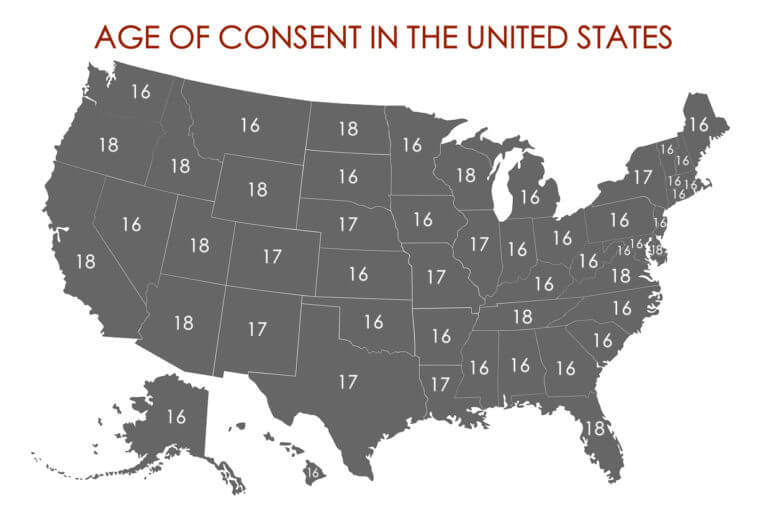
Boucher LLP: Breaking Down California Statutory Rape Laws to Help Survivors It is a crime for a mandated reporter not to report abuse when the law requires them to do so. However, clergy members must report abuse if they hear about it in another way. Penitential communication includes information divulged in confidence as part of a sacramental confession or similar religious practice. One person is 16 or older, and their partner is also 16 or older.įurther, if a clergy member learns of a statutory rape during a “penitential communication,” they do not have a duty to report it.One person is 14 or 15 years old, and their partner is at least 14 but under 21.One person is under the age of 14, and their partner is under the age of 14.However, mandatory reporters do not have to report voluntary intercourse by a minor when there is no indication of neglect, abuse, or duress and:
Age of consent in california code#
They must also report sexual intercourse between a minor under 14 years old and a partner 14 years old or older under a different law, Penal Code Section 288, which prohibits lewd or lascivious acts upon a child. Thus, a mandated reporter must report sexual intercourse between a person 21 years or older and a minor under 16. Under the Act, mandatory reporters must report suspected statutory rape only if it falls under subdivision (d) of Section 261.5. Employers and supervisors of minors in the workplace.Physicians and other medical professionals.Employees at a youth center, youth recreation program, or youth organization.Mandatory reporters are required by law to report child abuse, including sexual abuse. In California, the Child Abuse and Neglect Reporting Act (CANRA), has defined certain categories of adults, typically those who regularly interact with children, to be mandatory reporters. When an adult uses their authority to involve a child in any sexual activity, it is child sexual abuse. The CDC defines sexual activity between an adult and a minor who is not developmentally prepared for and cannot give consent as child abuse. The same holds true with respect to sexual activity between minors. On the other hand, it is abuse if one child is clearly the aggressor and the other is being victimized. For example, a fight between two minors close in age and maturity may not be reportable abuse if bullying is not the cause. Because California law does not define “mutual affray,” the reporter must decide whether to report based on the circumstances.Ĭhild Protective Services and law enforcement may also judge the seriousness of incidents between minors. California law states that “a mutual affray between minors” is not reportable child abuse. However, some acts committed by a minor will qualify as “ reportable child abuse,” while others will not. Juveniles can commit child abuse, and California’s statutory rape law does not exempt minors who sexually abuse other minors. Meaning, if there was sexual intercourse with a minor before marriage to that minor, the marriage does not absolve the adult of the crime of statutory rape. These are among the reasons advocates in California and across the country are working to change state laws allowing child marriage.Īdditionally, the spousal exception to statutory rape is not retroactive. Marrying early impacts a woman’s agency and education, increases maternal mortality rates, and intensifies discrimination and violence. Agency for International Development reports that approximately 14.2 million girls are married every year before they reach the age of 18. While marriage is one way for a couple to avoid statutory rape in California, there are many reasons it is not a good idea. A minor may be married in California with parental consent and a court order.


Marital ExceptionĬalifornia’s statutory rape law allows sexual intercourse with a minor to whom the person is legally married. The criminal punishment for statutory rape ranges from one-year imprisonment and a $2,000 fine to up to four years imprisonment and a $25,000 fine.

However, under California laws, statutory rape is a misdemeanor or felony crime, depending on the age of the perpetrator and the victim.

California does not have such an exception. Some states have so-called “Romeo and Juliet laws” that allow sexual intercourse between two minors or between a minor and an adult who is close in age to the minor.


 0 kommentar(er)
0 kommentar(er)
